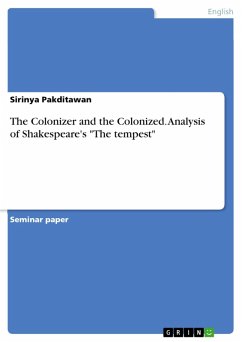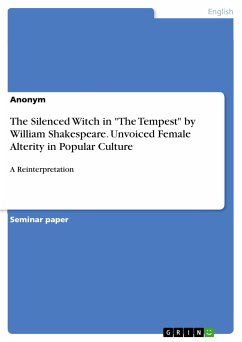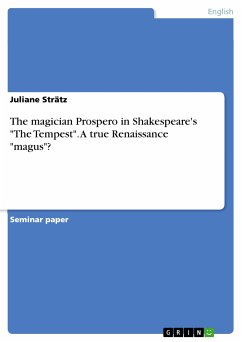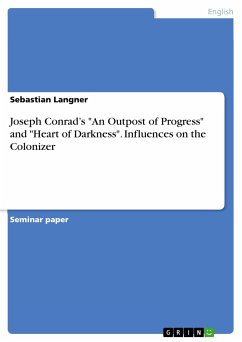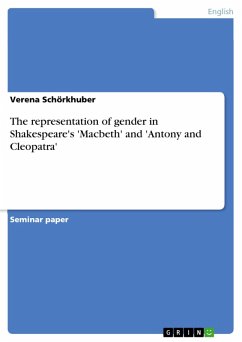Seminar paper from the year 2006 in the subject English Language and Literature Studies - Literature, grade: 1,3, University of Hamburg, language: English, abstract: It is a fact that Shakespeare's plays are an essential part of the Elizabethan period and hence deal with topics characteristic of this time. This is also true of The Tempest, which was probably written in 1610 - 1611, for it is concerned with the theme of colonization and exploration of the New World, the newly discovered Americas. The Elizabethan period is known as the Age of Exploration. Thus, The Tempest not only deals with the effects of colonization and civilization on the natives but some critics also tend to read this play as a metaphor of colonialism, since every character is concerned with how he would govern the island if he was the ruler. However, The Tempest can be regarded as a play whose plot is completely original and also very personal. The critic Richard Dutton even claims that there is a "theory that Prospero in The Tempest represents Shakespeare himself". Critics have taken this play very seriously and have pointed out its complexity. Hence, Stanley Wells says that "The Tempest (...) is a supremely poetic drama (...) because it speaks (...) on many levels, universally relevant (...) and (...) universally effective". Why is The Tempest regarded as so original and unique? Well, one might find an answer to this question by taking a closer look at its background, its sources, its structure and at its main characters. For this reason, I will deal with the sources of The Tempest in more detail in the following chapter. In a next step, the dramatic structure of the play will be analyzed. Since this play is mainly about colonizers and the colonized, it is also of vital importance to analyze the prominent character Caliban and the European characters' attitude to him, in this context. It will be argued that Caliban becomes a victim of colonization.
Dieser Download kann aus rechtlichen Gründen nur mit Rechnungsadresse in A, B, BG, CY, CZ, D, DK, EW, E, FIN, F, GR, HR, H, IRL, I, LT, L, LR, M, NL, PL, P, R, S, SLO, SK ausgeliefert werden.

